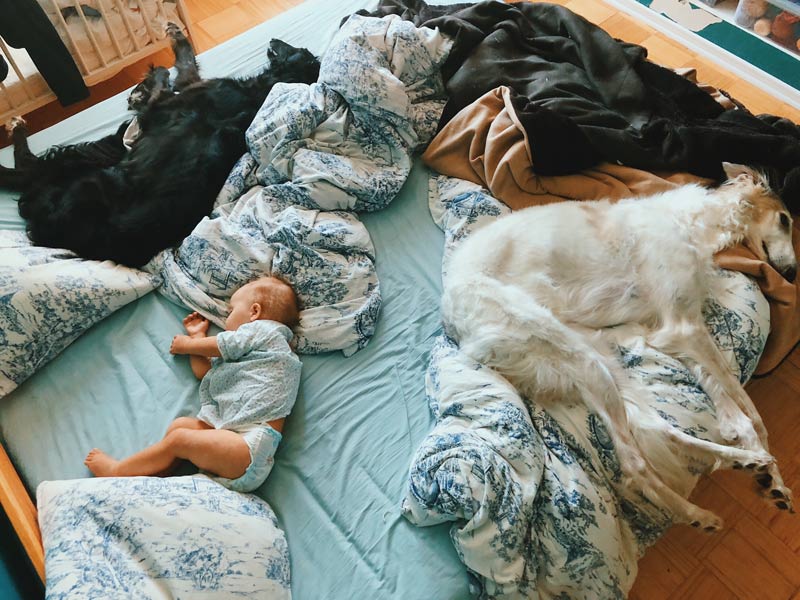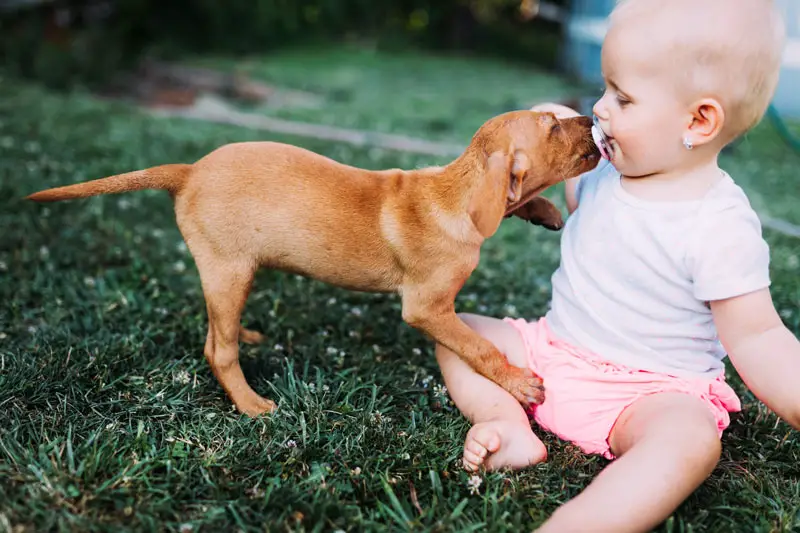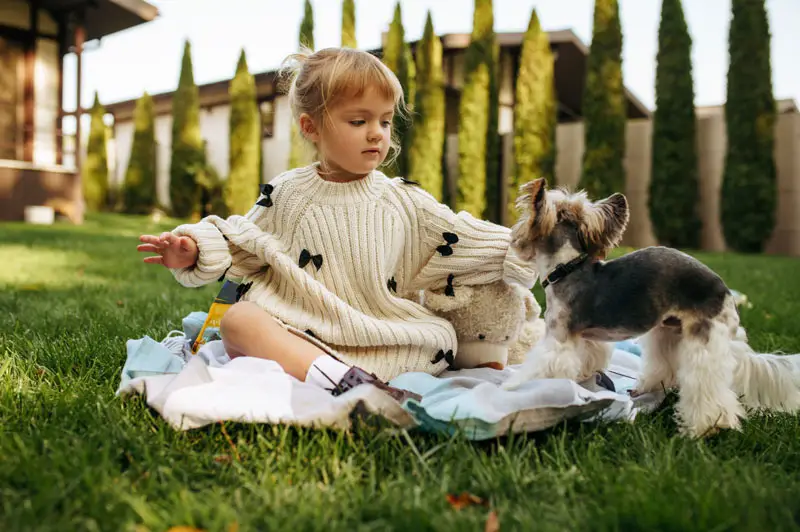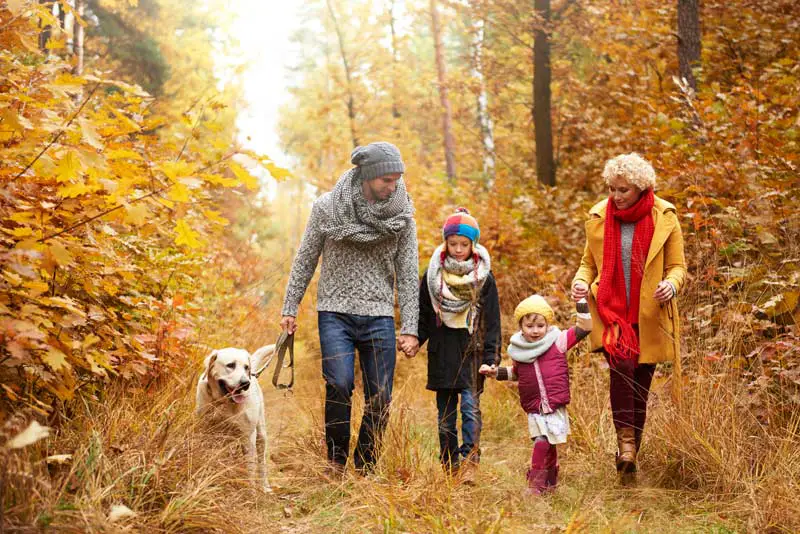How Can Dogs Be Gentle With Babies?

Dogs are intelligent beings with protective nature. They instinctively want to protect the youngest family member. For years, dogs have been pack animals, which is one of their wired responses to hierarchy. A dog releases dopamine in the presence of a child, so you know that even their biology makes it enjoyable to play with babies.
Dogs are brilliant; they understand that babies are defenseless family members and not just a tiny human. They strongly feel the urge to protect and be gentle with babies for various reasons our experts have observed.
Size Of Infants
As weird as it sounds, dogs can tell that babies are not just short people due to their appearance. Many dog owners are concerned about how dogs distinguish between adults and children. It is pretty simple; they do not use rocket science but instead rely upon their common sense.
Somehow, dogs know that if puppies are small, then human puppies should also be small and hence vulnerable. We have genuinely underestimated dogs for all these years because they seem to understand much more than we can fathom.
Sense Of Smell In Dogs
Dogs are known for their sense of smell. But did you know that these animals are also capable of detecting cancer? Just through their smelling abilities! Thanks to their 200 million olfactory cells! Many dog owners have claimed that puppies have sweeter breath when they are young due to consuming their mother’s milk.
The same goes for our children, who have a distinct fragrance that attracts dogs. One doesn’t need a superpower like dogs to smell and tell that babies have a different aroma; we can feel it around the entire house.
Appearance Of Babies
A study says that elephants feel the same about us as we feel about cute babies. Isn’t that sweet? Just like humans, other animals also examine and respond to appearance. Most newborn babies of mammals have similar features, such as smaller body proportions to their adults, large eyes, and oversized head.
Humans quickly react to this appearance and categorize it as ‘cute.’ Similarly, dogs also instinctively respond to the appeal of a human baby and feel the need to be gentle and protective. We cannot entirely decode their thought process, but our observations imply this matter.
Why Do Babies Also Love Dogs?
In the scientific study to understand children’s love for dogs, researchers interviewed several children in different households about the feelings of companionship, conflicts in relationships, satisfaction with relationships, and communication.
These were general questions about all their family members, and to everyone’s surprise, children had the least conflict with their pets! This study yet again proves that humans are pathetic, and dogs are lovely. Okay, maybe we got a little carried away there? But that is a hard-hitting fact! Children loved bonding with dogs because they were less problematic.







